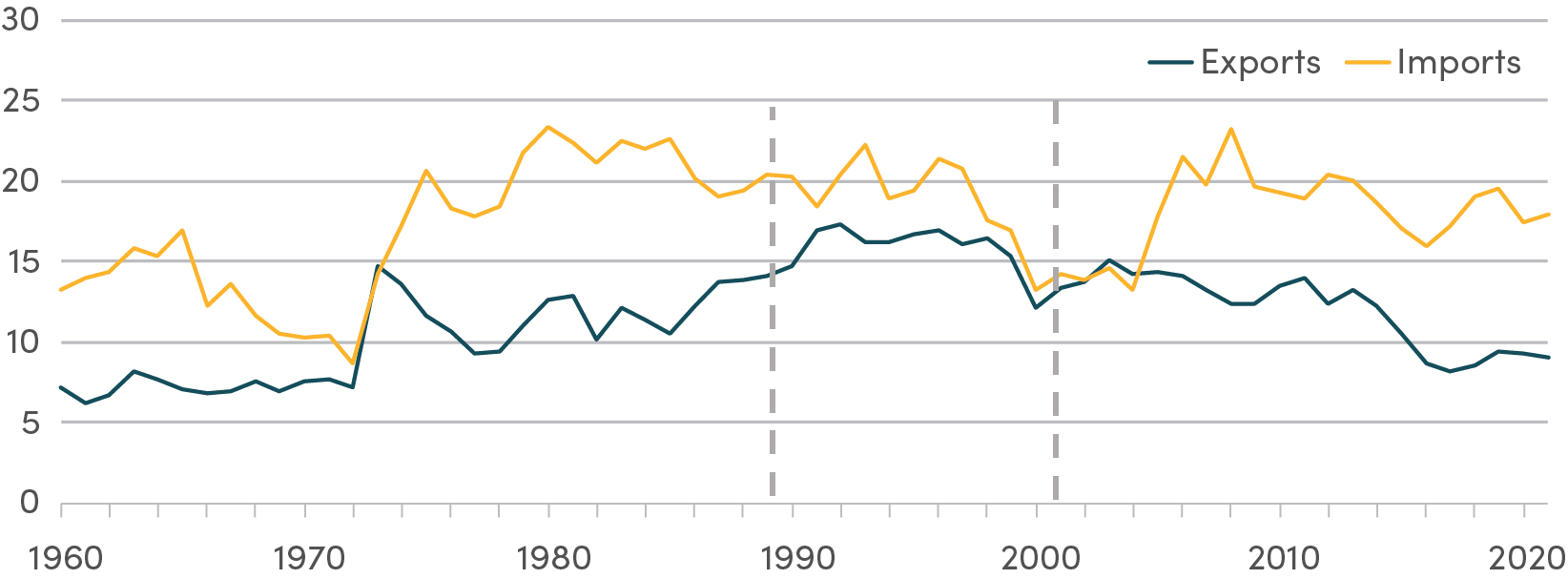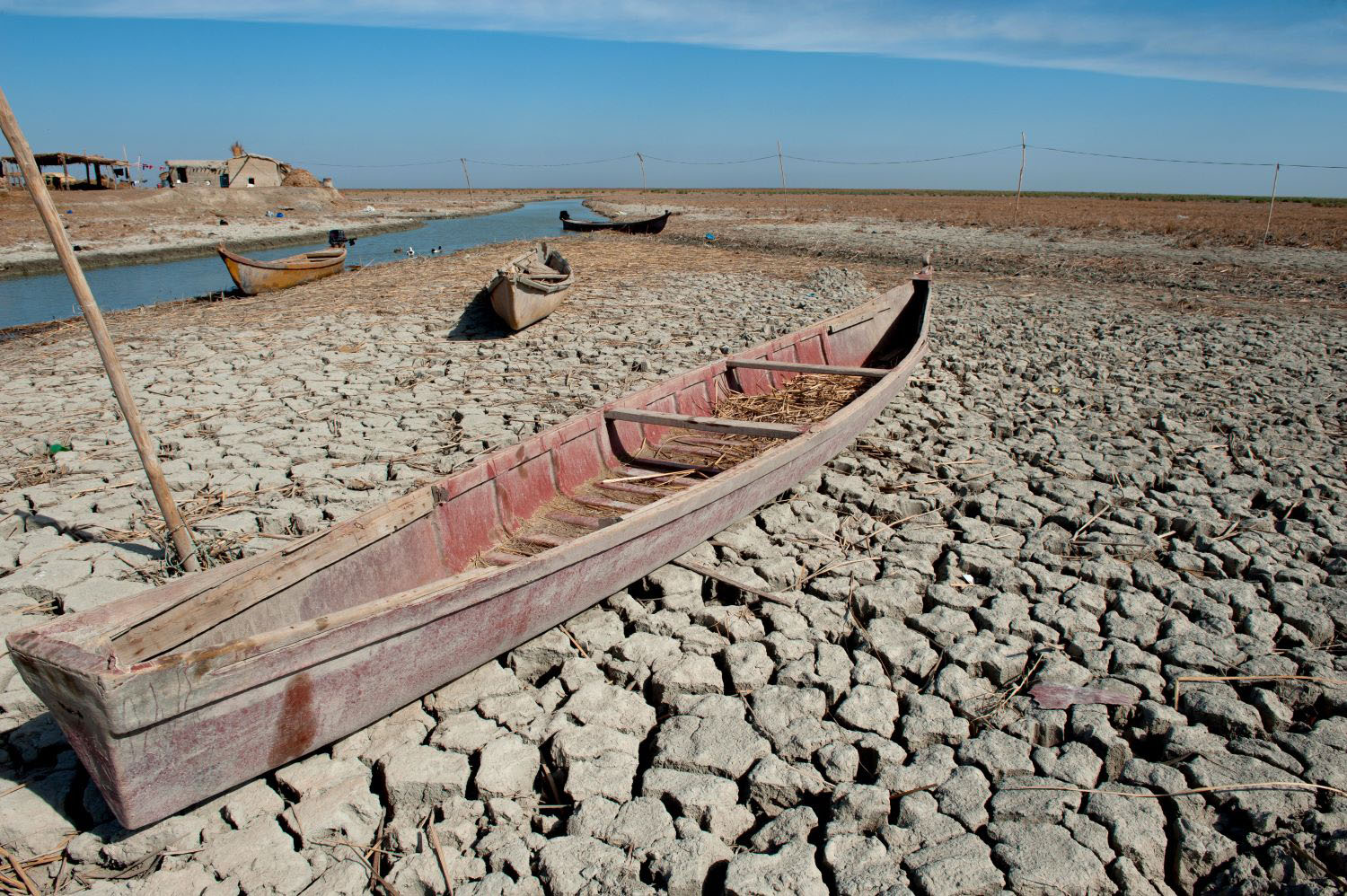
The World Bank loves to talk about the importance of “good governance” and “strong institutions” and “rule of law” as keys to development success. Presumably that means that organizations are managed in accordance to their own legal procedures. The International Bank for Reconstruction and Development (IBRD), the primus inter pares of the many units under the World Bank group umbrella (IDA, IFC, MIGA) has an agreed upon Articles of Agreement. Article One is worth reproducing in its entirety:
The purposes of the Bank are:
- To assist in the reconstruction and development of territories of members by facilitating the investment of capital for productive purposes, including the restoration of economies destroyed or disrupted by war, the reconversion of productive facilities to peacetime needs and the encouragement of the development of productive facilities and resources in less developed countries.
- To promote private foreign investment by means of guarantees or participations in loans and other investments made by private investors; and when private capital is not available on reasonable terms, to supplement private investment by providing, on suitable conditions, finance for productive purposes out of its own capital, funds raised by it and its other resources.
- To promote the long-range balanced growth of international trade and the maintenance of equilibrium in balances of payments by encouraging international investment for the development of the productive resources of members, thereby assisting in raising productivity, the standard of living and conditions of labor in their territories.
- To arrange the loans made or guaranteed by it in relation to international loans through other channels so that the more useful and urgent projects, large and small alike, will be dealt with first.
- To conduct its operations with due regard to the effect of international investment on business conditions in the territories of members and, in the immediate postwar years, to assist in bringing about a smooth transition from a wartime to a peacetime economy.
The Bank shall be guided in all its decisions by the purposes set forth above.
One can make the argument that if the Bank fully accomplished its purposes of assisting in “raising productivity, the standard of living, and conditions of labor” of its members then extreme poverty would be reduced, and perhaps even eliminated.
But the converse is impossible, one cannot read the above purposes and conclude that “ending extreme poverty” is the (or even an) overarching goal of the organization, for three reasons.
One, the word “productive” is used six times and the world “redistribution” is used zero times. Extreme poverty perhaps could be reduced through international or national redistribution and perhaps that is a good idea. But being a good idea does not change the legal authority of the IBRD, which is to provide capital to expand productivity by lending to “useful and urgent” projects.
Two, by adopting “extreme poverty” as a goal the Bank explicitly gives precedence in promoting the Bank’s goals to income gains to some member states (where extreme poverty is high) over other member states (where it is low) something its member states have never agreed to (and are unlikely to do so as nearly all of the Bank’s largest borrowers have low levels of extreme poverty).
Three, the word “poverty” is never mentioned as a purpose of the IBRD. Neither is it mentioned as a purpose of the International Development Association (IDA), the vehicle for making concessional loans to poorer countries whose states purposes are to further the objectives of the IBRD:
The purposes of the Association are to promote economic development, increase productivity and thus raise standards of living in the less-developed areas of the world included within the Association's membership, in particular by providing finance to meet their important developmental requirements on terms which are more flexible and bear less heavily on the balance of payments than those of conventional loans, thereby furthering the developmental objectives of the International Bank for Reconstruction and Development (hereinafter called "the Bank") and supplementing its activities.
“Extreme poverty” as measured by the “dollar a day” is a recently created arbitrary threshold that is not the official poverty standard of any of the Bank’s member states, to which people gradually adjusted.
So what? If “end poverty” is a good slogan and “ending extreme poverty by 2030” is a good goal, so what if the old articles don’t endorse them?
But precisely what “good governance” and “rule of law” are about is specifying processes by which organizations decide what good goals are in order to prevent abuse of power by those with power. Not all member states of the IBRD or IDA are anxious to adopt “extreme poverty” as an overarching goal. There are procedures for amending the Articles of Agreement and these specify that amendments require approval from 85 percent of the voting power precisely to make adopting entirely new goals to require broad consensus.
If the World Bank wants to adopt “Ending extreme poverty” as a goal (and “End Poverty” as a logo and motto) then it needs legal authority for that from its members. As any recent document of the World Bank will tell you, good governance requires “transparency and accountability” and “participation of the shareholders” in consequential decisions. Let us have an open and transparent debate and then a vote of the member states about adding “ending extreme poverty” as a new purpose to the Articles of the IBRD and IDA. Without that legal authorization the President is acting outside the scope of his legitimate authority—and the Board itself is constrained by the Articles and cannot legally create a new purpose without amending the articles—as all decisions of the Bank are to be guided by the Articles of Agreement.
Disclaimer
CGD blog posts reflect the views of the authors, drawing on prior research and experience in their areas of expertise. CGD is a nonpartisan, independent organization and does not take institutional positions.





